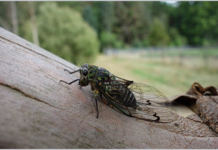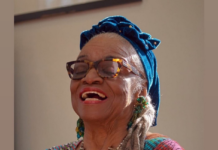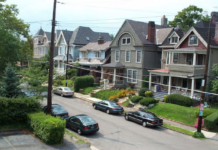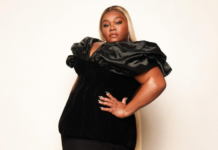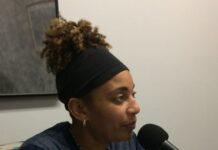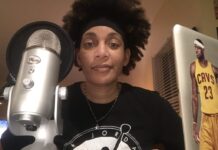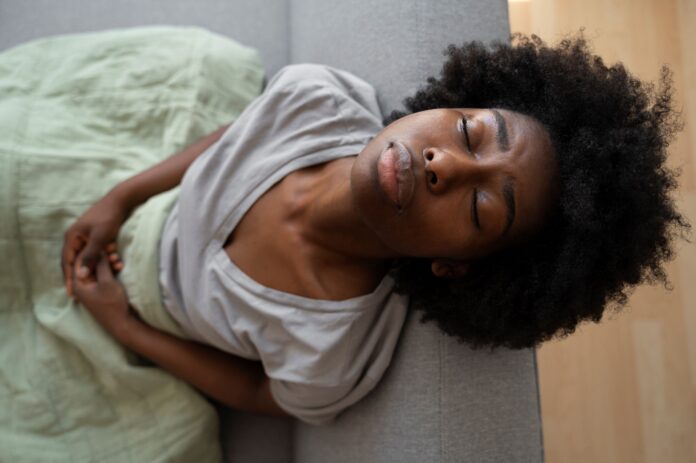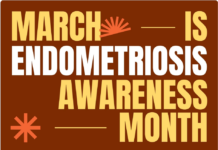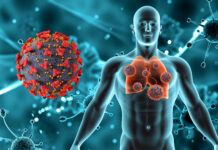Following the sixth annual Black Maternal Health Week, we’d be remiss if we did not mention the topic of uterine fibroids, a medical issue 80% of all Black women in this country will likely experience by age 50.
According to the Centers for Disease Control and Prevention, uterine fibroids are made of muscle cells and other tissues that grow in and around the walls of the uterus and are the most common noncancerous tumors in women of childbearing age. Risk factors, per the agency, include being overweight and “being African-American.”
Fibroids can cause heavy or painful periods, bleeding between periods, tightness or a “full” feeling in the lower abdomen, frequent urination, discomfort during sexual intercourse, pain in the lower back, and a variety of reproductive challenges, including miscarriages, early labor, and even infertility. According to the CDC, fibroids are the leading cause of hysterectomies, with endometriosis a close second.
“But some women will have no symptoms. That is why it is important to see your health care provider for routine exams,” said CDC officials.
There are a handful of ways to treat fibroids, including careful monitoring over time, as they may shrink during menopause, certain medications, and birth control methods. There are also medical procedures ranging from noninvasive to extremely invasive surgeries such as full or partial hysterectomies.
Fibroids aren’t just more prevalent in Black women. According to the USA Fibroid Centers, a leading national network of fibroid outpatient centers specializing in the non-surgical treatment of fibroids with a procedure called Uterine Fibroid Embolization (UFE), Black women are more likely to be affected at earlier ages, experience later diagnosis, develop greater amounts of fibroids at higher growth rates, and require medical intervention.
The USA Fibroid Centers reports that genetics, stress, diet, and lack of Vitamin D — which Black women are commonly deficient in — are linked to the development of fibroids. The Fibroid Centers further state that using hair relaxers, constantly on the hot seat for health risks, may also be a potential cause. A lack of understanding of the prevalence of fibroids and their symptoms is also a major driving factor.
“Because most Black women have fibroids at some point in their lives, the symptoms they experience might seem normal for them,” said USA Fibroid Centers officials.
The Fibroid Centers have also found that Black women are more likely to put off seeking care than white women.
Bravo’s “Real Housewives of Atlanta” alum Cynthia Bailey, a USA Fibroid Centers spokesperson, recently spoke out about her experience with both asymptomatic and severely symptomatic fibroids before finally receiving a life-changing treatment.
“Mentally, I found that I was just in a dark place without really knowing I was in a dark place. When I look at photos of myself during that time, it was like the light was gone because I was bleeding to death in a lot of ways,” Bailey said.
Luckily, Bailey did not have to undergo the most extreme treatment; a hysterectomy, surgically removing the entire womb.
“That was…something that I really didn’t want to have. I wanted to be open to having more children if I wanted to. Even if I didn’t want to, I just wanted the option.”
Bailey’s own research led her to UFE, offered by the Fibroid Centers. The minimally invasive treatment went “great,” she said. Within three months, her symptoms were noticeably much better.
“I use my celebrity to keep the information out there for women to understand that they do have options and they do not have to suffer in silence,” she said, adding, “And they do not have to have their uterus removed to deal with their fibroid situation. That should be a last resort, if it even needs to happen at all.”
Source: Thegrio Staff
Image: Freepik


